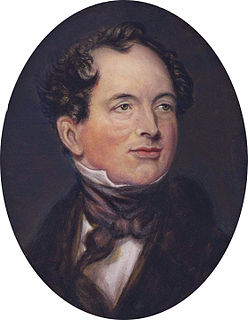A Quote by Herbert Marcuse
The range of socially permissible and desirable satisfaction is greatly enlarged, but through this satisfaction, the Pleasure Principle is reduced deprived of the claims which are irreconcilable with the established society. Pleasure, thus adjusted, generates submission.
Related Quotes
Thus the criminal ceases to be a person, a subject of rights and duties, and becomes merely an object on which society can work. And this is, in principle, how Hitler treated the Jews. They were objects; killed not for ill desert but because, on his theories, they were a disease in society. If society can mend, remake, and unmake men at its pleasure, its pleasure may, of course, be humane or homicidal. The difference is important. But, either way, rulers have become owners.
Why do men learn through pain and suffering, and not through pleasure and happiness? Very simply, because pleasure and happiness accustom one to satisfaction with the things given in this world, whereas pain and suffering drive one to seek a more profound happiness beyond the limitations of this world.
Sorrow, terror, anguish, despair itself are often the chosen expressions of an approximation to the highest good. Our sympathy in tragic fiction depends on this principle; tragedy delights by affording a shadow of the pleasure which exists in pain. This is the source also of the melancholy which is inseparable from the sweetest melody. The pleasure that is in sorrow is sweeter than the pleasure of pleasure itself.
ANARCHISM (from the Gr. , and , contrary to authority), the name given to a principle or theory of life and conduct under which society is conceived without government harmony in such a society being obtained, not by submission to law, or by obedience to any authority, but by free agreements concluded between the various groups, territorial and professional, freely constituted for the sake of production and consumption, as also for the satisfaction of the infinite variety of needs and aspirations of a civilized being.
We consider the beauty of nature and art with pleasure and satisfaction, without the slightest movement of desire. Instead, it appears to be a particular mark of beauty that it is considered with tranquil satisfaction; that it pleases if we also do not possess it and we are still far removed from demanding to possess it
Simplicity brings back the joys of Paradise. Not that we have pure pleasure without a moment's suffering, but when we are surrendered to God, we are not grasping for pleasure, and even our troubles are received with thanksgiving. This inner harmony, and this deliverance from fear and the tormenting desires of self, create a satisfaction in the soul which is above all the intoxicating joys of this world put together.







































